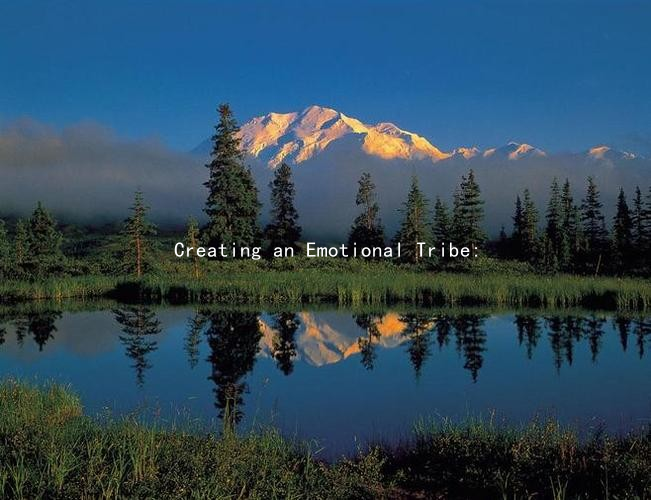Making Love Thrive: Relationship Strategies for the Modern Emotional Landscape
Making Love Thrive: Relationship Strategies for the Modern Emotional Landscape
In todays fast-paced world, where technology often mediates our interactions, navigating the complexities of modern relationships can be both an exciting and challenging endeavor. As we seek meaningful connections, it is essential to develop relationship strategies that can help foster understanding, trust, and lasting affection. Here are some practical techniques and conversational tips to cultivate love in our contemporary emotional landscape.
1. Prioritize Open Communication
Communication is the cornerstone of any successful relationship. In an age where messages can be misinterpreted and feelings can easily be overlooked, making openness a priority is crucial. Couples should practice active listening and ensure that both partners feel heard and validated. When discussing feelings or concerns, use I statements to express personal experiences without placing blame. For example, instead of saying, You never listen, try I feel unheard when I talk about my day. This approach encourages dialogue rather than defensiveness.
2. Cultivate Emotional Intimacy
Emotional intimacy involves sharing thoughts and feelings beyond surface-level conversations. In the modern emotional landscape, where distractions abound, taking the time to connect deeply is vital. Couples can engage in activities that promote vulnerability, such as sharing personal stories, discussing future aspirations, or even practicing gratitude by acknowledging each other’s contributions. Setting aside dedicated time for “date nights” or regular check-ins can significantly enhance emotional bonds.
3. Embrace Conflict as Growth
Disagreements are inevitable in any relationship. Rather than avoiding conflict, couples should embrace it as an opportunity for growth and understanding. Approach conflicts with a mindset of curiosity rather than confrontation. When issues arise, try to understand your partner’s perspective and ask questions that promote dialogue, such as, “What do you need from me right now?” or “How can we resolve this together?” By framing conflicts as collective challenges rather than individual failures, couples can strengthen their emotional resilience.
4. Establish Trust through Consistency

Trust is the bedrock of healthy relationships and is built over time through consistent actions and behaviors. Partners should strive to keep promises, be reliable, and show accountability for their actions. Small gestures, such as checking in on each other throughout the day or following through on plans, reinforce trust and security. Additionally, being transparent about feelings and intentions fosters a deeper connection, enabling couples to navigate challenges more effectively.
5. Infuse Playfulness into the Relationship
In the midst of life’s responsibilities, maintaining a sense of playfulness can revitalize a relationship. Humor and light-heartedness serve as powerful tools to strengthen bonds. Partners can share inside jokes, reminisce about fun memories, or create new experiences together, whether through travel, hobbies, or spontaneous adventures. Playful interactions not only reduce stress but also foster a sense of companionship and joy.
6. Use Technology to Enhance Connection, Not Replace It
While technology can pose challenges to relationships, it can also be utilized to maintain connections, especially in long-distance situations. Regular video calls, voice messages, or even shared playlists can help partners feel closer despite physical distance. However, its important to balance online interactions with face-to-face time whenever possible. Setting boundaries around technology use during quality time can ensure that conversations remain genuine and engaging.
7. Celebrate Each Other’s Individuality
In a committed relationship, it’s easy to lose sight of individual identities. However, nurturing each partner’s interests, hobbies, and friendships is essential for a healthy dynamic. Encourage each other to pursue personal passions and celebrate achievements, no matter how small. This respect for individuality fosters a deeper appreciation for one another and ultimately enriches the relationship.
In summary, thriving in love in the modern emotional landscape requires intention, empathy, and adaptability. By prioritizing open communication, embracing conflict, establishing trust, infusing playfulness, and nurturing individuality, couples can cultivate a resilient and fulfilling partnership. As we navigate the intricacies of relationships, these strategies can help ensure that love not only survives but flourishes in the face of contemporary challenges.





